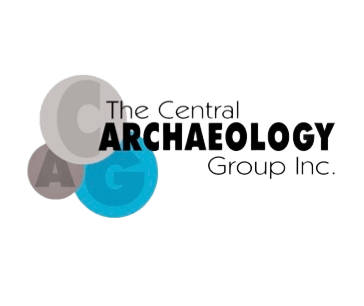
Home
Services
Team
Frequently Asked Questions
Contact Us
Services
CAGI offers a wide range of archaeological solutions including historic research, field reconnaissance, assessments, overviews, artifact analysis, monitoring, education and stakeholder consultation.
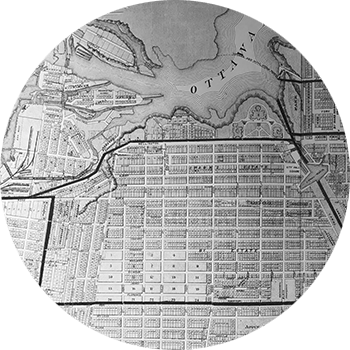
Stage 1 Background Study
The purpose of a Stage 1 assessment is to investigate the cultural land use, archaeological history, and the present conditions of a property. The majority of the Stage 1 process is conducted in the office and involves the examination of records such as historic settlement maps, land titles and documents, historical land use and ownership records, primary and secondary documentary sources, and the Ministry of Culture’s archaeological site database. The study may also involve interviews with individuals who can provide information about the property and consultation with local First Nations communities.
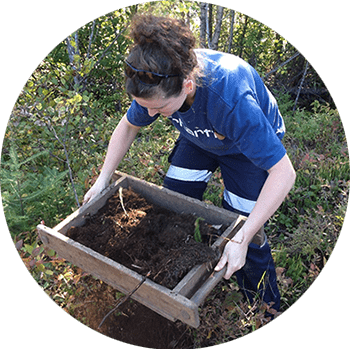
Stage 2 Property Survey
A Stage 2 property survey is undertaken if the Stage 1 background study finds that a property retains archaeological potential. It involves the documentation of archaeological resources by collecting artifacts and mapping cultural features. Depending on the nature of the property environment, two methods are employed in the survey: 1) pedestrian survey on cultivable properties, and; 2) test-pit survey on properties not cultivable due to tree growth, rock content, etc.

Stage 3 Site-Specific Assessment
The purpose of a Stage 3 site-specific assessment is to assess the cultural heritage value or interest of the archaeological site identified in the Stage 2 survey to determine whether it has been sufficiently documented or if further measures are required to protect or document the site fully
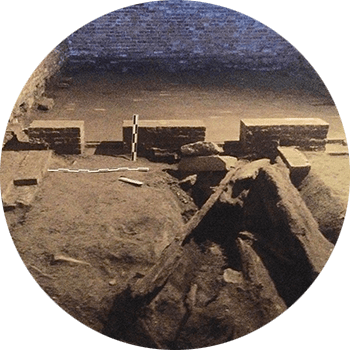
Stage 4 Mitigation of Development Impacts
The purpose of Stage 4 mitigation is to address development impacts on an archaeological site with a level of cultural heritage value or interest that has been determined to require mitigation. There are two approaches for mitigation of development impacts: 1) avoidance and protection and 2) excavation.
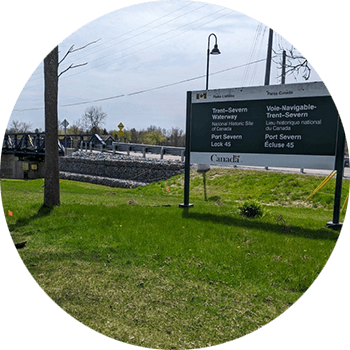
Federal Archaeological Impact Assessment
An archaeological impact assessment is undertaken on federal lands where potential conflicts have been identified between archaeological resources and proposed development. It may require archival research, field work and excavations, construction monitoring or advise and recommendations.

Historical Research
Historical research is the process of studying, understanding and interpreting the past. It can include literary or oral accounts of events. This may involve attending archives and libraries, museums, and historical societies, accessing digital sources, interviewing knowledge keepers and stakeholders.
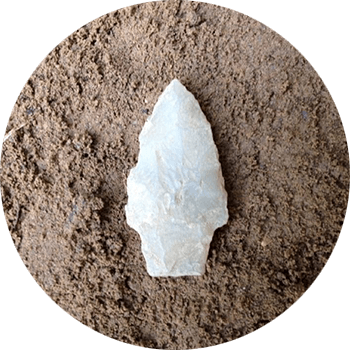
Artifact Analysis
With over 40 years of experience, CAGI offers the systematic examination of cultural materials, including their shape, colour, texture, size, decoration, weight, raw material, and manufacturing techniques in order to understand past human behaviours.
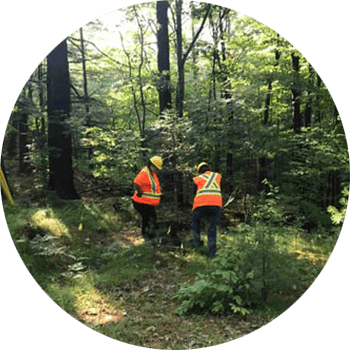
Indigenous Engagement
CAGI understands the importance of engaging Indigenous communities early in the archaeological process. Archaeology is particularly relevant to Indigenous communities as it can help to document their histories and peoples and to identify sacred sites and ancestral remains.
Get in Touch
Request a Quotation
If you're interested in a quotation, please fill out this form and send it, along with a plan or orthographic image of your project, to lmcrae@centralarchaeology.ca.
Our Mailing Address
The Central Archaeology Group Inc.
2401 5th Line East
Campbellford, Ontario, CA
K0L 1L0
Follow Us
